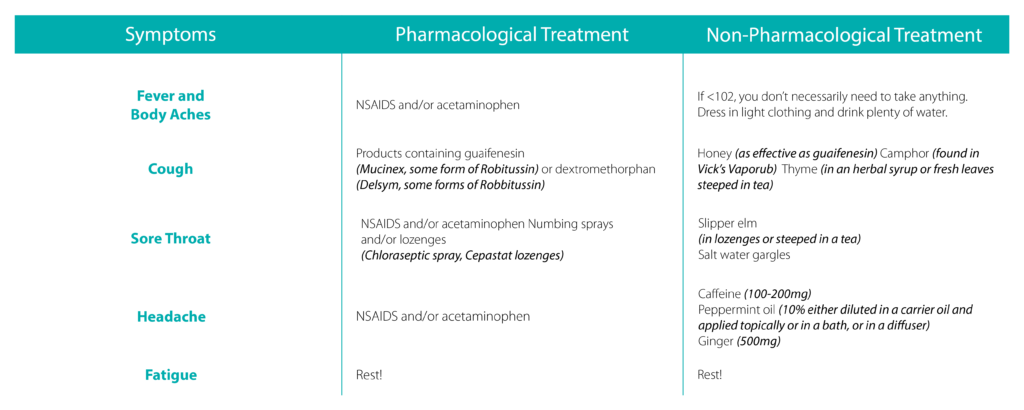Written by; Meghan Presnell, FNP-C
As we go back to our normal routines of work, school, and general life after the Snowpocalypse of 2018, we will be spreading more than the joy of emerging from our homes (where let’s admit, we were all going a bit stir crazy), we will also be spreading germs- and this includes influenza, or “the flu.” According to the Center for Disease Control or CDC, this is one of the worst flu seasons in years. Every single state with the exception of Hawaii is reporting “widespread flu activity”, which officially classifies this year’s season as an epidemic.
So what is the difference between the flu and a cold? The flu has an abrupt onset as opposed to the gradual onset of a cold. The most common symptoms include fatigue, body aches, fever, and chills. Other often associated symptoms include cough, headache, sore throat, and occasionally diarrhea and vomiting. A cold typically involves a stuffy nose, sore throat, sneezing, and may include a cough. It is uncommon for someone with a cold to have fever or chills.
The most important thing you can do if you are experiencing symptoms of the flu is to seek medical attention within 48 hours of the onset of your symptoms. If your medical provider does diagnose you with the flu within this time period, you can be given an antiviral medication that can help shorten the duration of the illness and severity of the symptoms. It is especially important for those individuals with asthma, COPD, diabetes, congestive heart failure, and a weakened immune system seek medical treatment along with pregnant women, children under the age of 5 and adults over the age of 65.
What can be done to manage the symptoms in the meantime? The two most important things I tell my patients are rest and hydrate. The rest of the treatment involves symptom management until your body can recover. Below are some common over the counter treatments that can be used for various symptoms along with non-pharmacological options. As with any treatment, be sure that you consult with your provider, as not all treatments are appropriate for all people.

The most important thing you can do, however, is to protect yourself by ensuring you get your flu shot if you haven’t already because it is not too late to get vaccinated! You can obtain your flu shot now through April 1st at an Avance Care. For more information about the flu, visit the CDC’s informational page about the flu.
Interested in a topic for future blogs? Please leave your questions and comments below.
